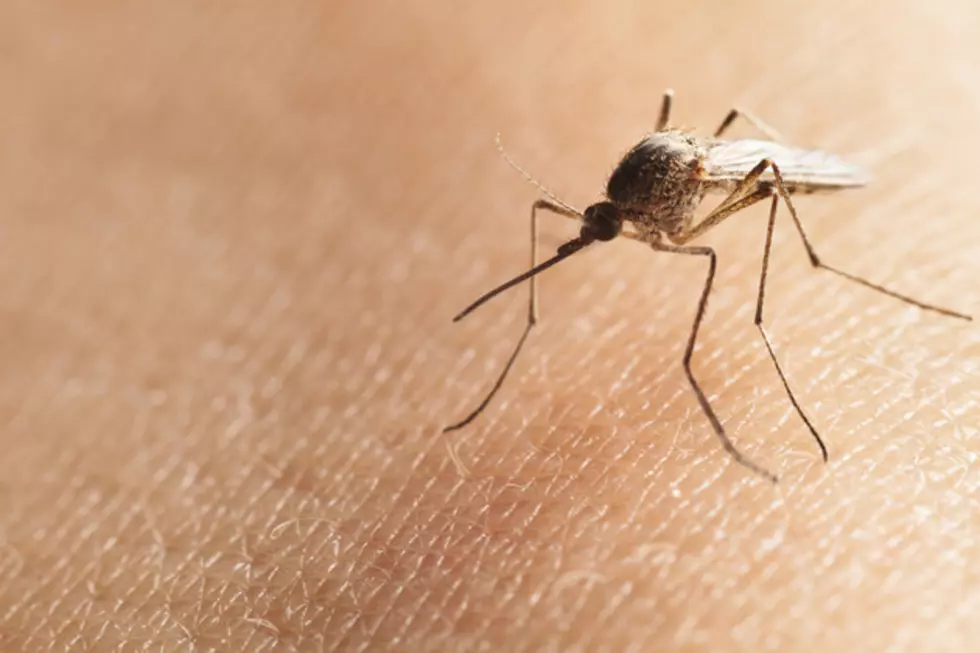
How to tell if it’s the flu or just a cold
This could turn out to be one of the more severe flu seasons in recent memory.
According to data from the state Health Department, influenza-like activity is now at high levels across New Jersey.
“Some flu seasons are mild. Some flu seasons are very bad. I think this will turn out to be a bad one, but we’ll have to tabulate the data at the end (of the season) and see if that’s indeed true,” Dr. Ted Louie, an infectious disease expert with the Medical Society of New Jersey, said.
Many Jersey residents who are getting sick aren’t sure if they have a cold or the flu, so how do you tell?
“The major distinguishing factor I would say is fever. It’s unusual that you will get a fever of any consequence with the common cold,” he said.
Influenza symptoms typically include muscle aches, a sore throat, chills, vomiting, diarrhea and wheezing, but Louie said many patients with confirmed flu cases this winter are not suffering from these maladies.
“What we’re seeing is people with fever, even lower-grade fever in the 100 range, plus dry cough often are turning out to have the flu. We’re not seeing a lot of people with muscle aches," he said.
He noted when you’ve got a cold, not only do you not have much of a temperature, “you’re going to have predominantly a runny nose, congestion, and less so the dry cough.”
Louie said with the flu, “most people, if they’re healthy, will recover fairly quickly — however certain people are more prone to get complications.”
That group would include individuals with weak immune systems, heart or lung issues, pregnant women and the very elderly. But very occasionally the flu can get very serious very quickly, even for someone who is young and healthy.
So how do you know if you should go to a hospital?
“If you’re a healthy individual and you have a fever and a cough but you’re not wheezing, you’re not short of breath, you’re not terribly dehydrated — I mean I would say these folks should definitely stay home,” he said. “However you need to go to the hospital if you can’t keep fluids down, if you’re extremely weak, if you have trouble breathing. These are warning signs that yes, you must go to the hospital."
He noted most cases of people being hospitalized with the flu involve older folks in their 80s and 90s.
If you start to get sick, Louie strongly recommends staying home, for your own sake and for others.
“You’re probably contagious even before you get full-blown illness," he said.
He noted the CDC says you will probably be contagious until 24 hours after your fever breaks.
Louie pointed out there is a medication that can shorten the duration of flu by about a day called Tamiflu, but most younger people who are otherwise healthy would not need to take it.
“There’s no miracle drug against flu, but it is somewhat effective, so in an elderly person perhaps it makes a difference," he said.
You can contact reporter David Matthau at David.Matthau@townsquaremedia.com.
More from New Jersey 101.5:
More From New Jersey 101.5 FM









